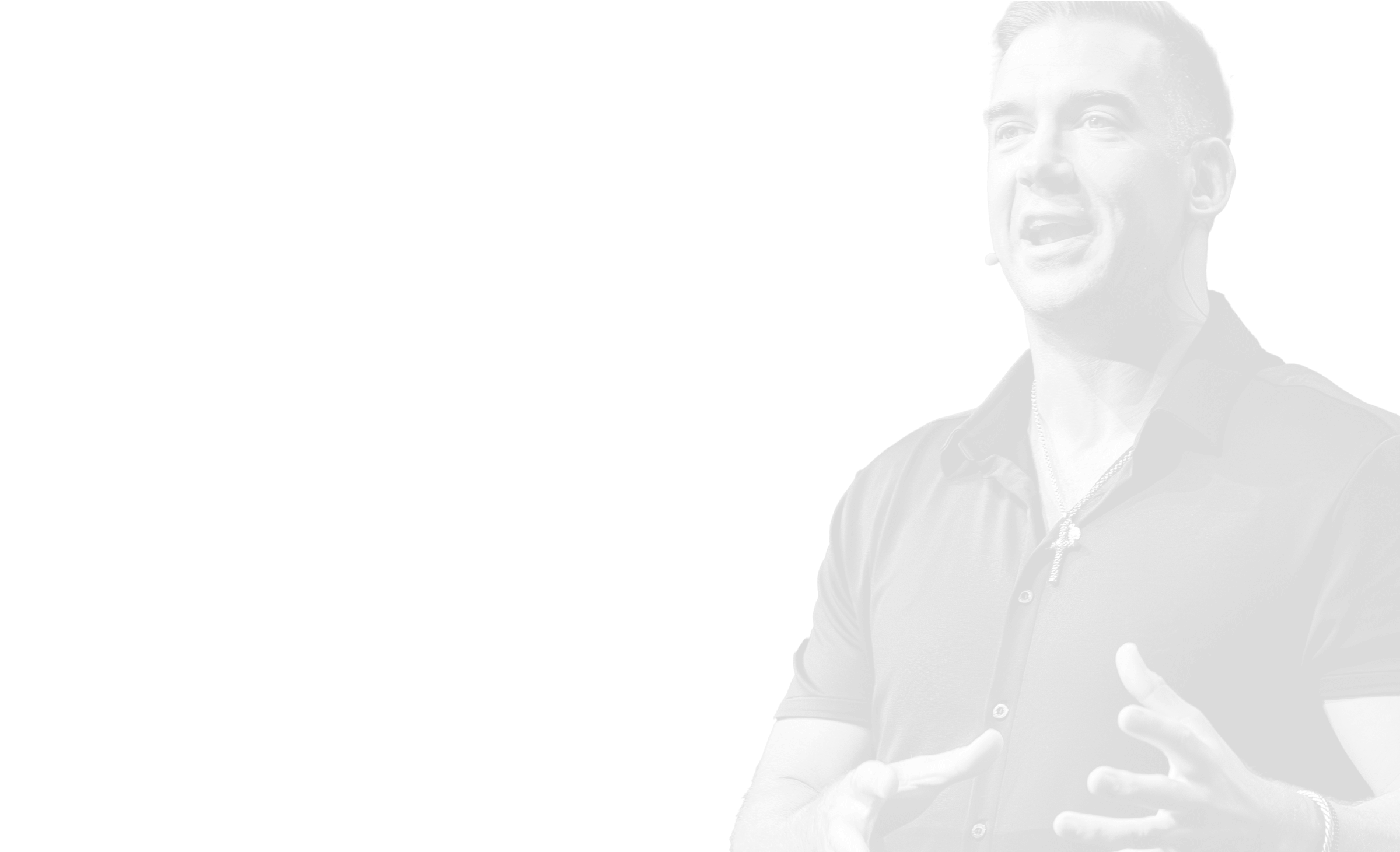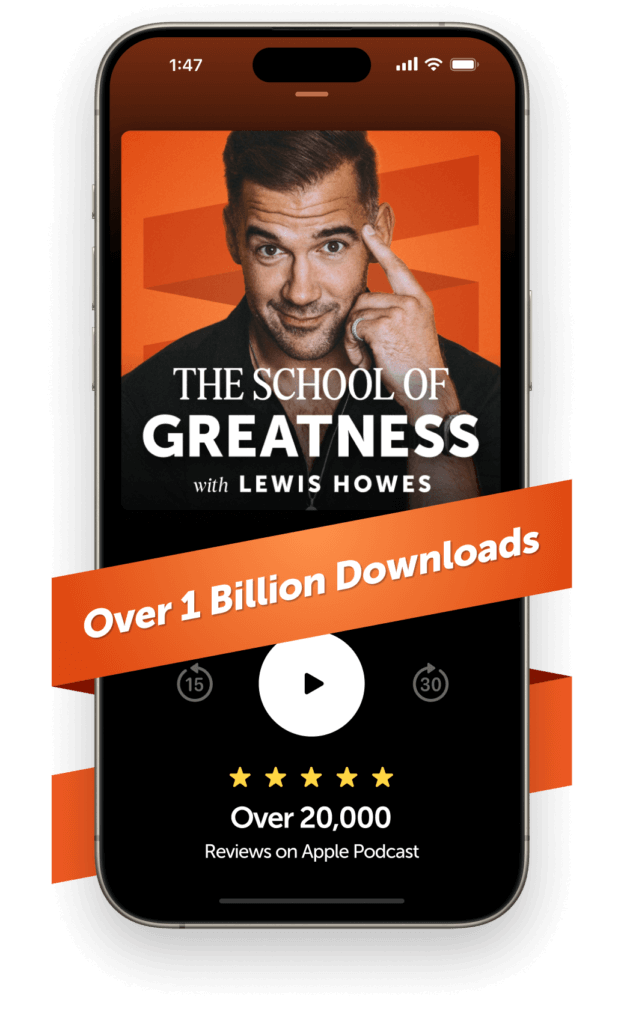There’s so many times where we focus on what society tells us will make us happy, and that’s all we chase. Money, a nice car, a house, and material objects that show off our “success”.
We always end up overlooking ourselves. You avoid exercising until the doctor says you have to. I’m sure you’ve experienced it plenty. You ignore your stress at work until you just can’t take it anymore.
Ultimately your emotional state should take a priority. Without it, you can’t be at your best. At the end of the day, happiness is an emotion. All of the material items in the world can’t get you there.
That’s why I wanted to do a mashup this week on overcoming emotional obstacles from some of the masters: Emily Skye, Josh Shipp, Rupi Kaur and Joshua Millburn.
On this episode, you’ll learn how to overcome emotional barriers that continue to hold us back.
If you take these lessons from people who have come from all walks of life, you’ll be able to achieve your true destiny.
Please, sit down with this one and take notes. I know it’s going to help you tremendously.
So learn how to keep your emotions in line to nail your goals, and feel fulfilled, on Episode 671.
Some Questions I Ask:
- Do you still go through times of being insecure? (5:40)
- Why do you get insecure at times? (6:32)
- If something isn’t working in your business, how do you handle the inner critic? (10:26)
- How old were you (Shipp) when you met your final foster parents? (15:56)
- Do you (Rupi) think your work would be as powerful without going through pain and suffering? (19:43)
In this episode, you will learn:
- What everyone needs to be responsible for (5:04)
- Tools you can use to overcome insecurities (7:48)
- How Emily stays grounded when things are going well (11:38)
- How Josh Shipp was emotionally removed from people who were trying to help him (14:02)
- Shipp’s lesson from a night in jail as a teenager (16:38)
- The danger of being your own worst enemy (18:41)
- How Rupi continues to create new things (21:03)
- What you need to focus on (22:34)
- How Joshua Millburn knows what needs to be fixed (25:17)
- Plus much more…





